Cotton Australia is trialling the use of shredded cotton as a compost for farming. If successful, there is potential to recycle a ‘huge amount’ of material.
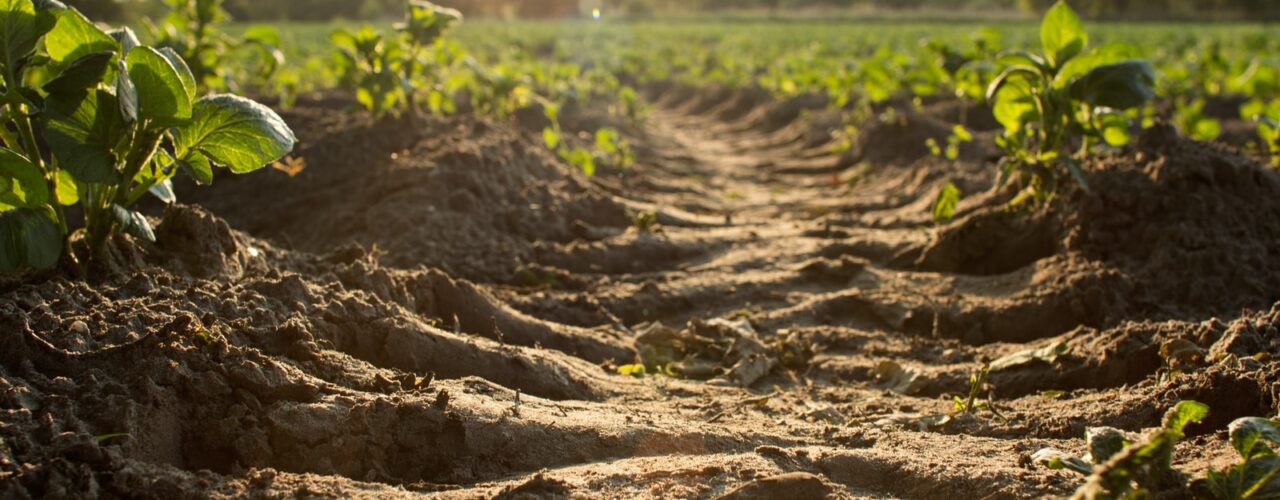
“We need to get smarter about how we reduce and manage waste,” said Dr Oliver Knox, a soil scientist at the University of New England who is supervising the trial. “The big benefit here is diverting what currently goes to waste. There’s a risk that [the cotton items] go to landfill and produce methane, which is a damaging greenhouse gas,” he said.
As cotton is a natural fibre, made from cellulose, it feeds bugs and microbes in the soil, making the soil “more active”. Lab tests have already found that shredded cotton increases healthy bacteria and fungus in soils and does not impact the germination of seeds. It biodegrades fairly quickly – all but the tightest woven cotton pieces broke down significantly in 24 weeks.
So what
780,000 tonnes of waste textiles are produced annually in Australia, but just 7% is recycled. The bulk ends up in landfill. This solution brings more circularity to the situation and the potential for a clear improvement. There still remain however questions of how to reduce the amount of waste generated in the first place, particularly by fast fashion.
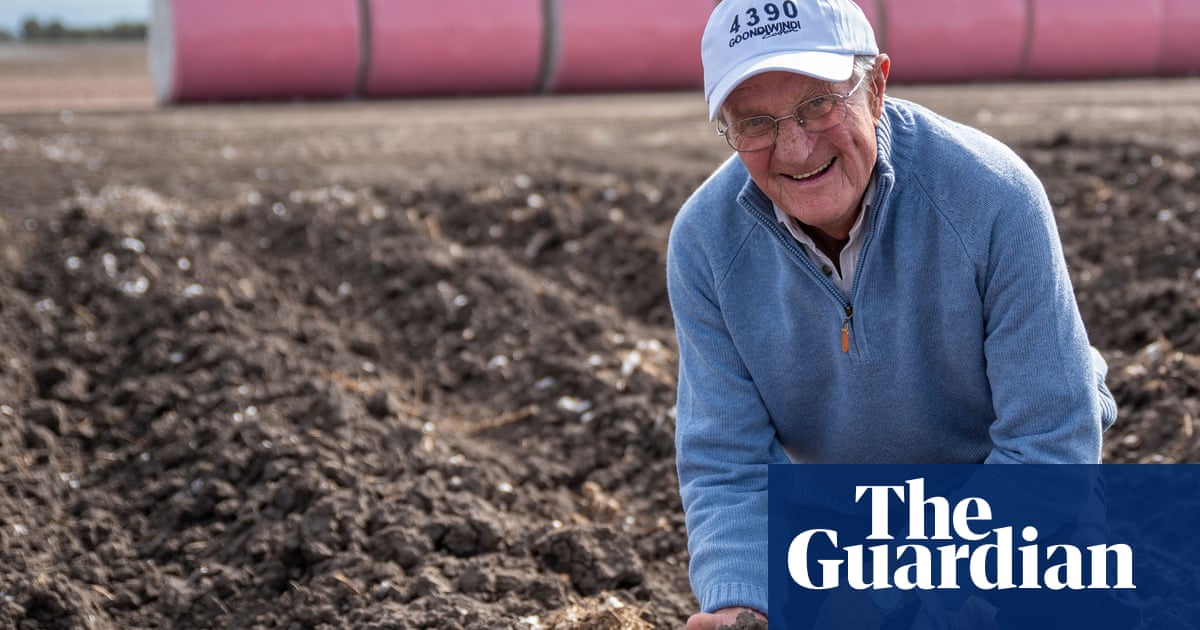


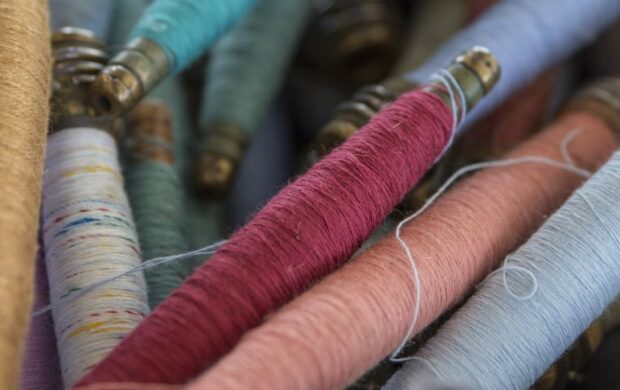



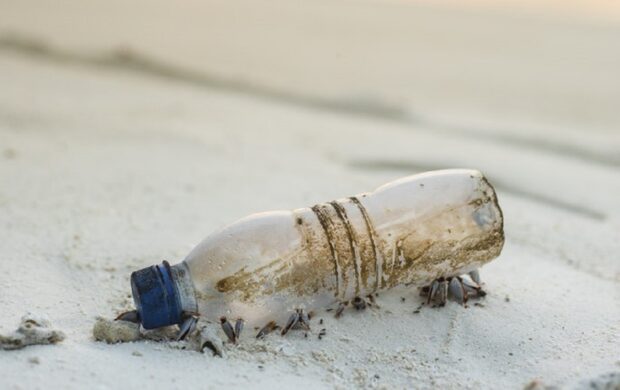


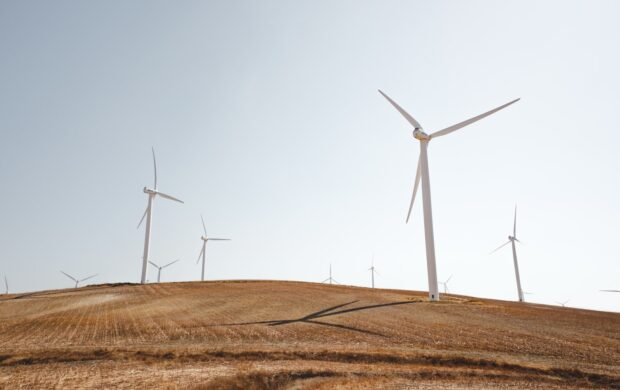

Join discussion